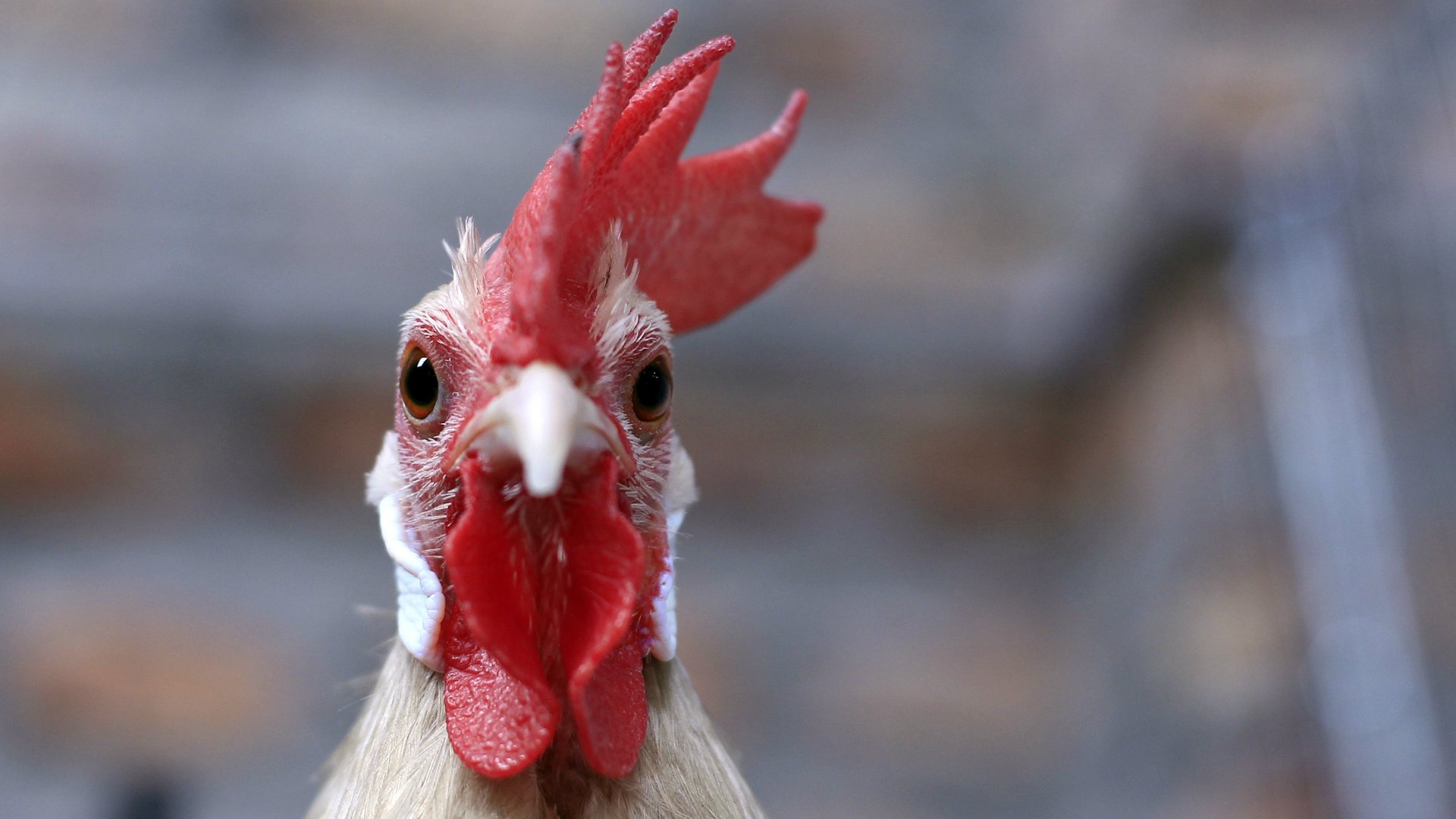A startup figured out how to grow chicken meat without chickens—just from using their cells
The chicken truly has crossed the road.


The chicken truly has crossed the road.
Memphis Meats, a Silicon Valley-based food tech company, said this week it has created the world’s first meatless chicken tenders—made from self-reproducing cells—that actually taste like chicken. But the company still has a lot to figure out before it will be able to get an affordable product to market.
It currently costs about $9,000 for every pound of chicken its stainless-steel cell-culture vats can create, according to the Wall Street Journal (paywall). That comes out to more than $1,100 for a single two-ounce chicken tender—ever so slightly more expensive than KFC.
Still, the company was eager to announce its breakthrough moment:
Memphis Meats anticipates it will be able to sell its product commercially by 2021. The news effectively signals the first flash of serious competition on the horizon for the alternative-meats market.
Until now, most of the attention has been aimed at two companies: Beyond Meat and Impossible Foods, which compete over their own beef alternatives. But with the development of Memphis Meat’s new “clean” chicken or duck, consumers in the US will soon be able to choose their favorite meat.
Data by the US Agriculture Department show Americans consume more chicken per capita than any other animal protein.
Animal-welfare advocates were particularly thrilled with the news, as they ultimately hope to see so-called “clean meat” replace the need for large-scale animal slaughter. For their parts, large players in the meat industry remain mostly skeptical about the ascendance of meat-alternatives. Some, though, such as Tyson Foods, have made investments in the sector. In October, the company bought a 5% stake in Beyond Meat.
Certainly, there’s a lot of room for growth in the clean meat sector—particularly with chicken, which is by far and away the most slaughtered animal by humans for food globally.